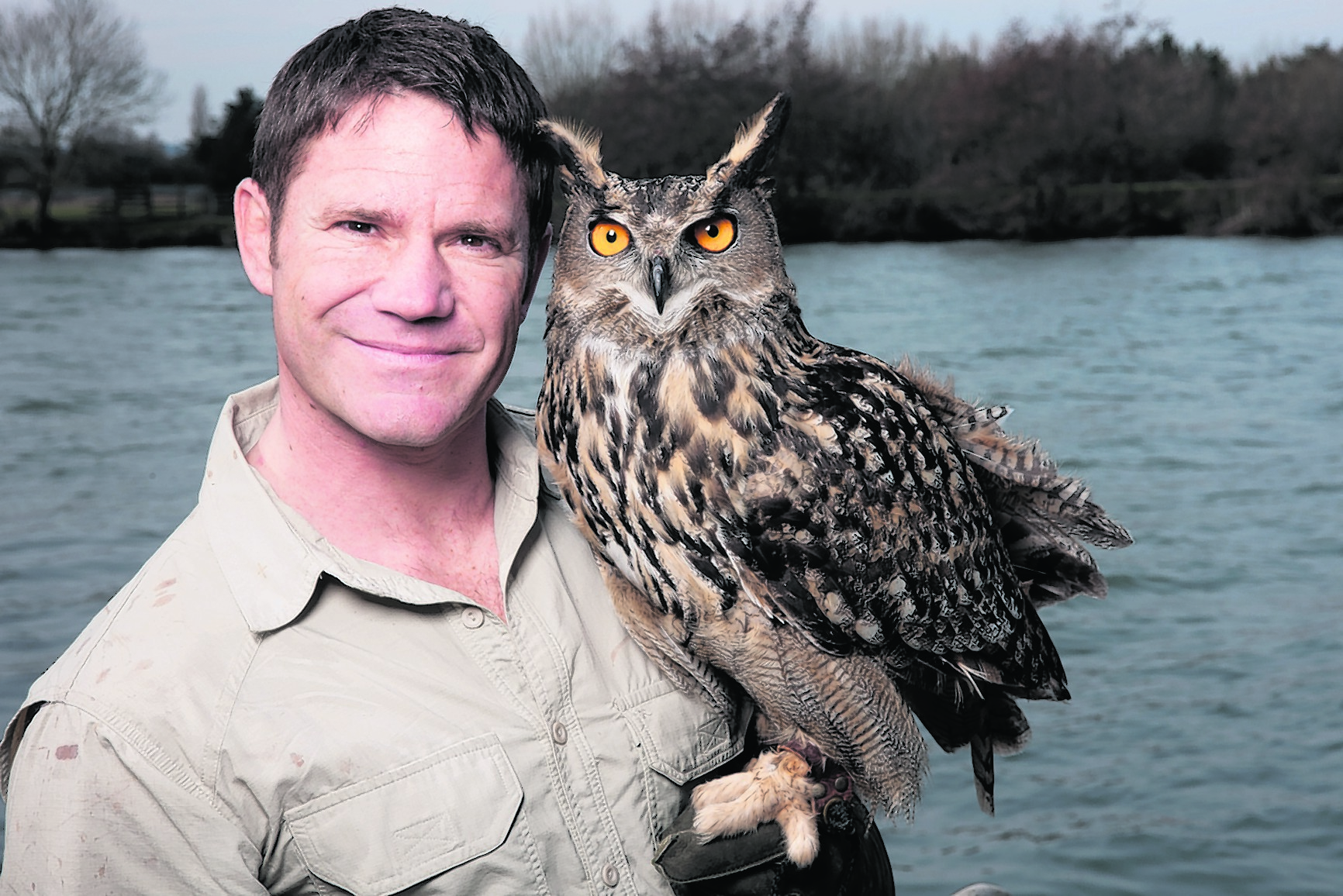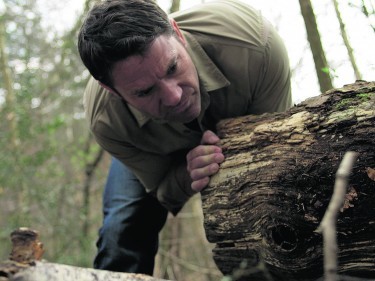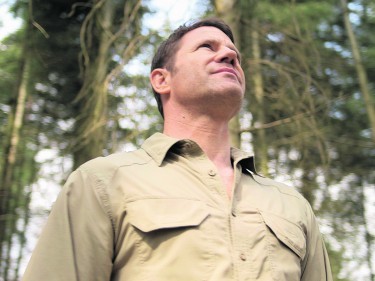With a life that reads like a story from a boys’ adventure book, wildlife explorer Steve Backshall’s talk promises to bring out your adventurous side, writes Susan Welsh
If the toy, Action Man, was real, there’s a good chance he’d be very similar to Steve Backshall, for he’s lived a life packed full of adventure.
Dangling beneath a helicopter into a crocodile’s nest, diving with great white sharks, swimming under Antarctic icebergs with leopard seals, or catching the world’s most venomous creatures by hand – it’s all in a day’s work for Steve, who visits Eden Court Theatre, Inverness, on Thursday, October 15.
Steve, a wildlife expert, travel adventurer and TV presenter, is temporarily swapping his life of high adventure for theatre stages across the country from which he’ll present what promises to be a fascinating show about his expeditions to the world’s wildest places with the most bizarre beasts on Earth.
Throughout his career, he’s come face to face with some of the world’s most remarkable predators. From the Arctic to the Antarctic, from the top of the world’s highest peaks, and from the depths of the rainforest to the bottom of the sea, there is very little Backshall hasn’t seen.
“My love of adventure is very much down to my mum and dad as they both have a real love of adventure and the outdoors,” said Steve, 42.
“Pretty much every day, as kids, we were booted outside to play and only came back home when we were tired and hungry. Even now, I feel a slight tinge of guilt if I’m inside for too long.”
Well-travelled Steve grew up in a small town in the south-east of England.
“The house was surrounded by heaths and woodland and there were a lot of wild places nearby. To a five-year-old, it seemed like the wildest jungle in the world. These areas were instrumental in how I came to feel about how life should be led.
“Growing up, I thought I’d end up working in a game reserve in Africa or possibly become a writer, writing about animals. I managed to succeed relatively well as a writer and worked for Rough Guides writing travel books, but I wasn’t getting anywhere financially. I came up with an idea for a programme, so flew out to Columbia with a video camera to make a pilot for it, spending five weeks living in the jungle, catching snakes, spiders and scorpions on camera, then I sold the show to National Geographic,” said Steve, who holds numerous qualifications in kayaking, climbing, scuba diving and mountaineering.
“I learned how to handle animals by starting at the bottom by catching grass snakes in mum and dad’s compost heap and gradually worked my way up by keeping snakes myself. The first time I handled a venomous snake was when I was in my late teens and did it totally without supervision, so there was a considerable amount of trepidation on my part. It worked out well – in that I wasn’t bitten – but I wouldn’t recommend anyone else doing that,” said Steve.
Steve’s broadcasting career took off with National Geographic Channel International, where he was adventurer in residence, producing, filming and presenting adventure and natural history programmes. He then moved to the BBC Natural History Unit where he became one of the presenters on the children’s wildlife programme The Really Wild Show.
After joining the unit’s expedition team, he made the first ascent of a jungle peak and dropping into a vast sinkhole in the Mulu mountains. He was also the first outsider to enter the Volcano Mount Bosavi, where the research team discovered as many as 40 new species and led the first ascent of Mount Upuigma in Venezuela, the first ascent of the North Face of Mt Kuli in Borneo, and explored a new cave passage in New Britain and Sarawak.
He’s also come close up to numerous wild animals over the years: “The animals which made the biggest impression on me are wolves. I find them incredibly beautiful, exciting, fascinating animals. The communication skills they’ve developed within their groups are fascinating, making wolves animals I’ll come back to over and over again.
“Topping the list of those I’d never like to encounter again are botflies, a kind of fly found in Latin America which lay their eggs on smaller flies which usually then land on animals and people. The larvae hatch, bury into your skin and start eating your flesh. They are beyond hideous.
“Over the years, I’ve been bitten by a crocodile while out looking for snakes; had a nasty rock-climbing fall which resulted in me breaking my back in two places, but considering I’ve been doing this for 16 years, that’s really not bad.”
During his show, Steve will present lots of films, videos and photographs, including behind-the-scenes footage from many of his expeditions. The audience will have an opportunity to quiz him about the wild world.
“It’s an experience you can enjoy whether you are five or 80 years old and have an adventurous spirit,” said Steve, who is passionate about youngsters being encouraged to explore the great outdoors.
“There are many distractions in the modern world, but I think it’s not gadgets that will create youngsters’ best memories; it’s going to be the first time they went rockpooling, rode a horse or went surfing. These will be the memories they and their parents will treasure. I think it’s incredibly important that we make these things as available to young people as possible.”
An excellent starting point will be listening to Steve’s talk on Thursday, October 15, followed by a Q&A and book signing. The show starts at 7pm. Contact Eden Court Box Office on 01463 234234 or visit www.eden-court.co.uk


